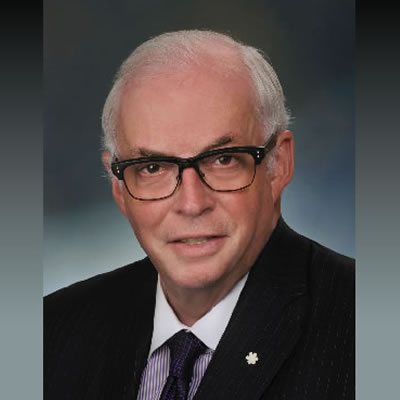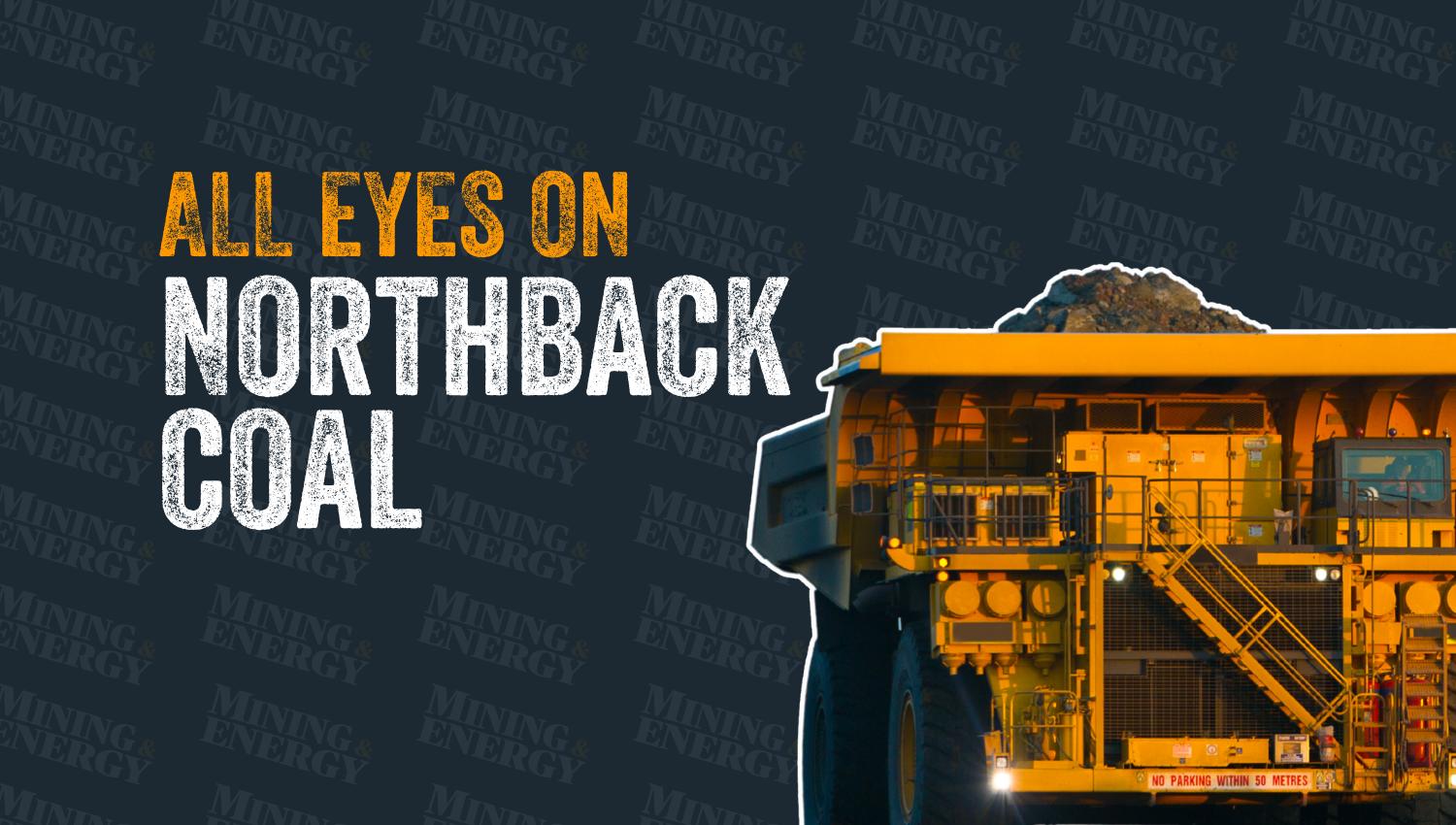Oilsands pioneer James “Jim” Carter inducted into the 2017 Canadian Mining Hall of Fame

2017 Canadian Mining Hall of Fame inductee, James 'Jim' Carter. — Photo: James Carter A 2017 Canadian Mining Hall of Fame inductee, James “Jim” Cart
2017 Canadian Mining Hall of Fame inductee, James 'Jim' Carter. — Photo: James Carter
A 2017 Canadian Mining Hall of Fame inductee, James “Jim” Carter, has demonstrated a pioneering spirit throughout his entire career. The oilsands were just beginning when Carter took the reigns as an industry leader, education advocate and innovator. A career in the resource industry is not for the faint of heart. “There’s lots of tough challenges, but also lots of opportunities,” said Carter. “Work hard, be in a continuous learning mode and you will do well.”
“I always knew I wanted to be an engineer. I wasn’t sure what discipline I was going to take,” Carter said. “I got interested in mining engineering. That’s how I got started. I ended up working in a couple of mines in the summertime.” He took to the industry well, quickly climbing the ranks of the newly formed Syncrude.
His first major achievement at Syncrude dates back to 1979. “My job was to start the overburden removal operation,” he said. “The original mine plan was to use drag lines to move the overburden and to mine the ore. That only worked for the first year or so while they were in the shallow part of the deposit.” Carter, however, had a solution. “They needed to move to trucks and shovels,” he said. His peers doubted Carter when he selected the largest trucks available at the time. “They were 170-ton capacity,” he said. “There was a lot of concern among people that had been working in the oilsands for some time that these trucks wouldn’t work—that they would sink into the ground and get stuck. I was pretty sure I could make the trucks work.”
These trucks did work; they worked well. “We made some modifications to them to accommodate the soft ground conditions and high rolling resistance,” Carter said. “That was a good feeling.” Eventually, Syncrude’s entire mining operation converted to trucks and shovels because of his innovative solution.
The personal values that weave through all of Carter’s accomplishments include respect for individuals and continuous education, and a pioneering spirit. He stresses “conducting yourself with honesty and integrity; showing respect for others—particularly in your workforce and other people in the communities that you are engaging.” His emphasis on lifelong learning led to many personal successes. His goals, however, have always involved the greater good. “It’s not just about the day-to-day functions and making money. It has to be something where you bring society along with what you’re doing.”
Carter solidified his role as an industry leader in the early years of the oilsands. “We were developing new technology all the time,” he said. His team was constantly looking for ways to reduce operation costs to make their production an attractive investment. Hydro transport was another major milestone for Carter’s team at Syncrude.
“We worked on (hydro-transport) for several years because we had several pieces of that to make it work,” he said. “We had a pilot project that we put together with a team from our research department and operations and maintenance and we utilized some old equipment that we had to make this test project.” Within 45 minutes of turning on the pilot, they knew it was a success. “We were able to pump 5,000 tons an hour through an 18-inch-diameter pipe. That was a very exciting moment in the history of oilsand development.”
The development of hydro transport in 1993 reduced energy input, and reduced CO2 emissions during operations. The technology was commercialized and adopted by oilsands companies in Alberta.
Carter has valued the teams he’s worked with at every stage of his career: “It’s an overused cliché these days that human resources are the most valuable, but it really is true,” he said. “You can’t do things without a good work force.” He credits the success in Alberta’s oilsands to the spirit of the workers who moved to Fort McMurray before its real development. “The workforce had a pioneering spirit. We were able to work with that and I really enjoyed the can-do attitude at Syncrude.”
Syncrude’s mission statement is “securing Canada’s energy future.” Carter is a key component to the truth of this vision the company adopted in its early years. His team helped reduce operating costs at Syncrude to $12 to $13 per barrel—a price unprecedented at the time. They also worked with various levels of government to even the playing field in terms of royalty payments on oil produced. “When we managed to do that in the mid-'90s, then it became obvious that the oilsands were going to become a locomotive for the Canadian economy,” he said. “I think that was a real feeling of pride for all of us at Syncrude at the time.”
His emphasis on lifelong learning fuelled his innovation and pioneering spirit throughout his career. Jim Carter is an industry leader recognized for his many achievements in mining.
Drilling down
NameJames “Jim” CarterCompanySyncrude (retired)Must reads"The Moral Case for Fossil Fuels" by Alex EpsteinGreatest career momentSuccessfully reducing operating costs at Syncrude to $12 to $13 per barrel and negotiating royalty payments on oil produced in order to set up the oilsands as positive investments;“securing Canada’s energy future.”Quotable“Work hard, be in a continuous learning mode, and you will do well.”



